I normally look at these travel articles with a jaundiced eye, as most are just crap. But here’s one I’ll get behind, in spades:
One lake, four countries: Lake Constance is the perfect way to sample the delights of Germany, Austria, Switzerland and Liechtenstein
…and indeed it is. We stayed in Konstanz (at the Hoel Petershof), caught the ferry over to Meersburg, and later drove along the Bodensee’s southern shore to get to Bregenz. We loved it so much that we went back to Meersburg on a later trip, and stayed here:
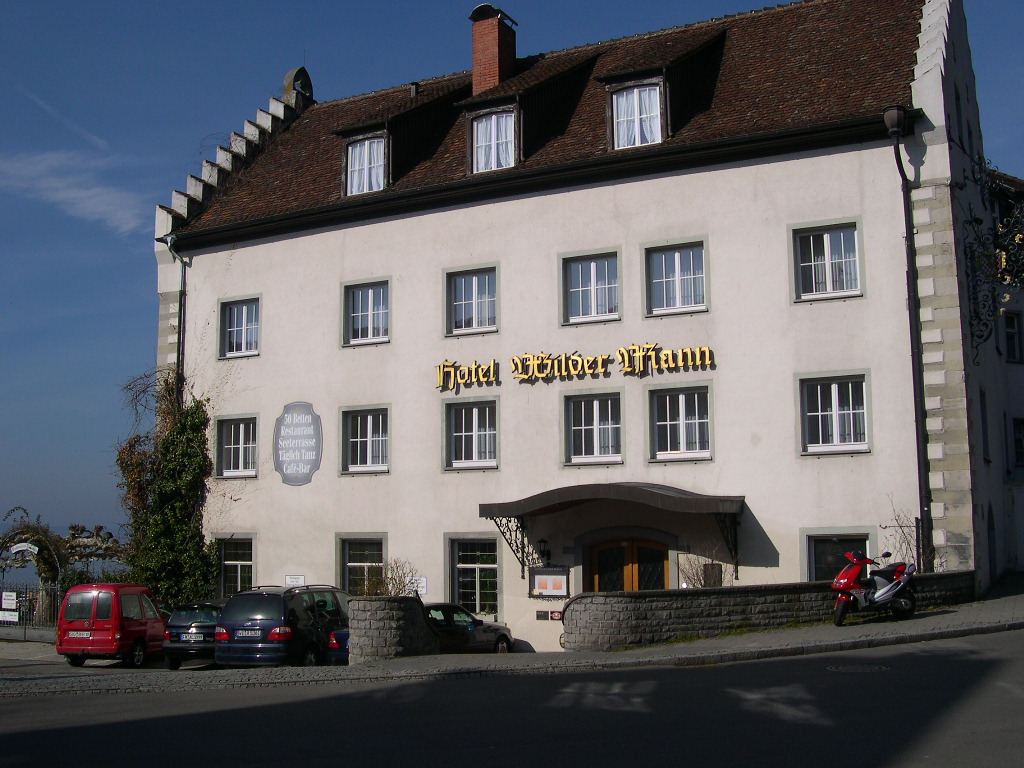
Here was the view:
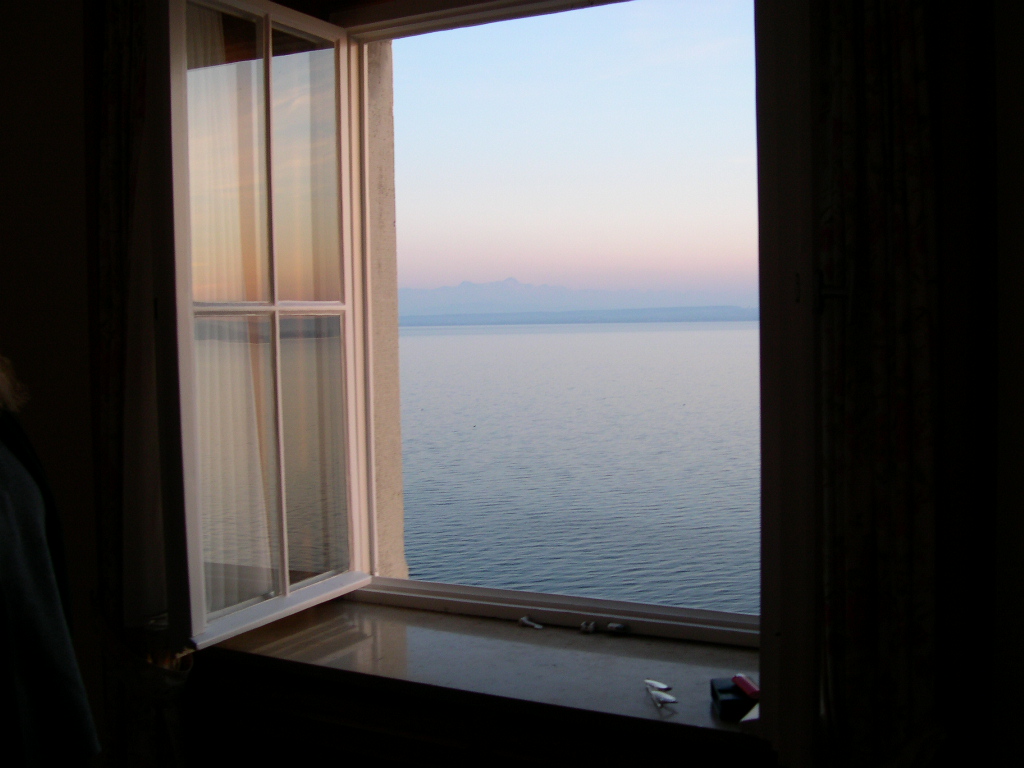
…which you may remember as the header for someone else’s blog.
As for the streets:
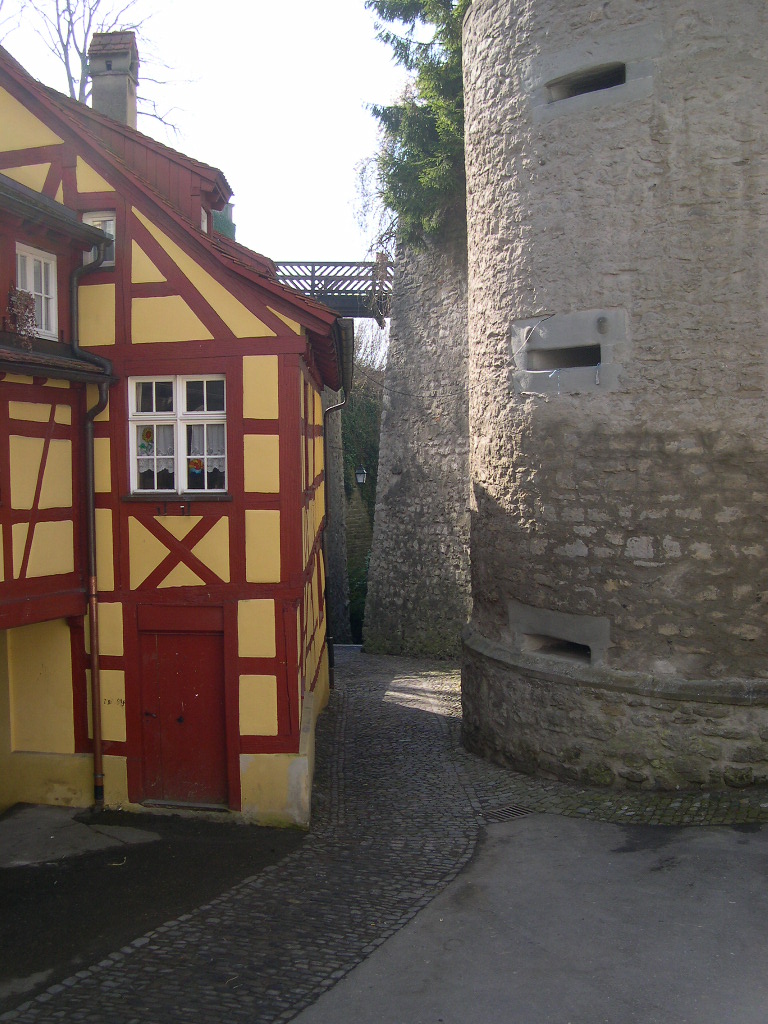
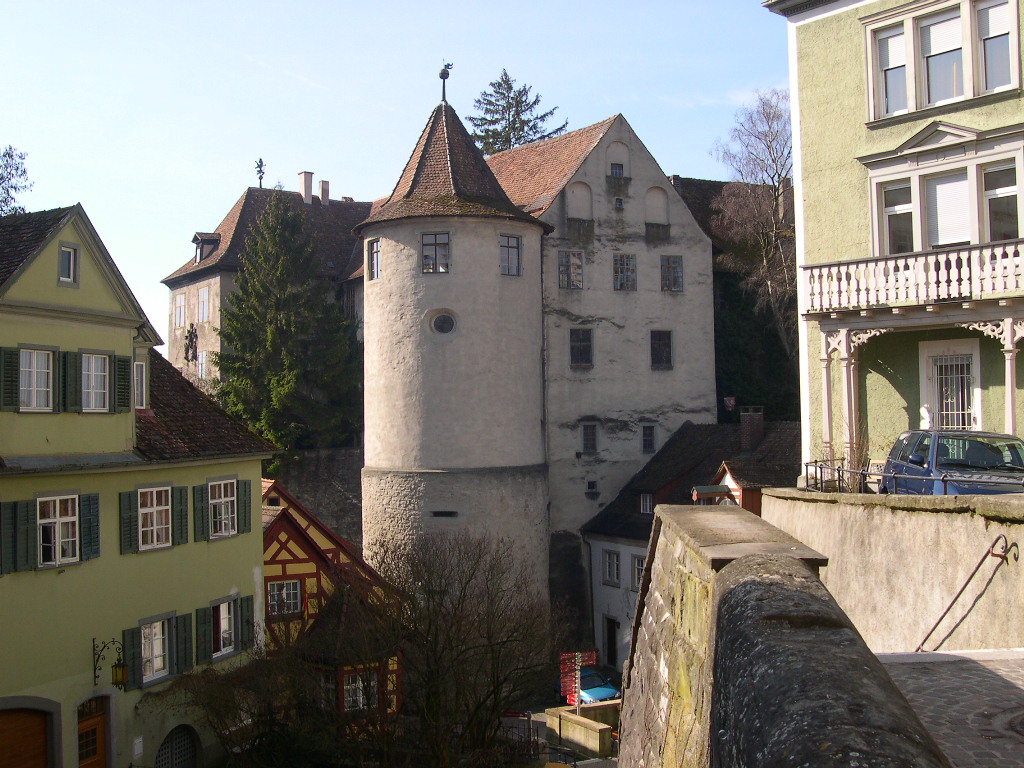
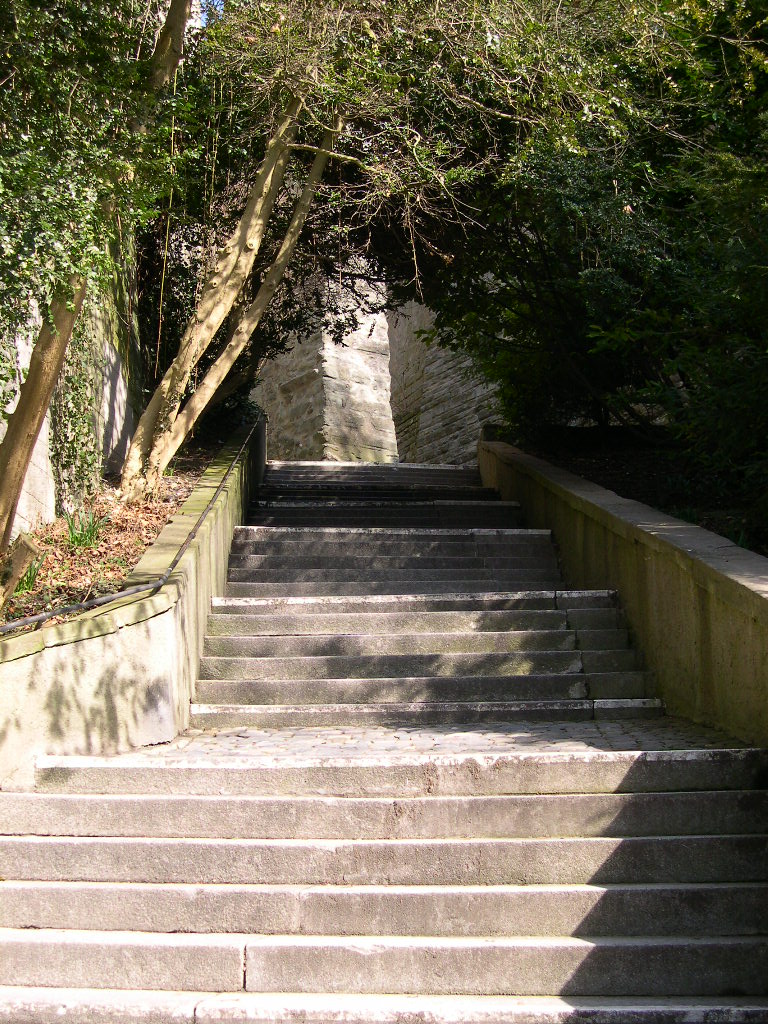
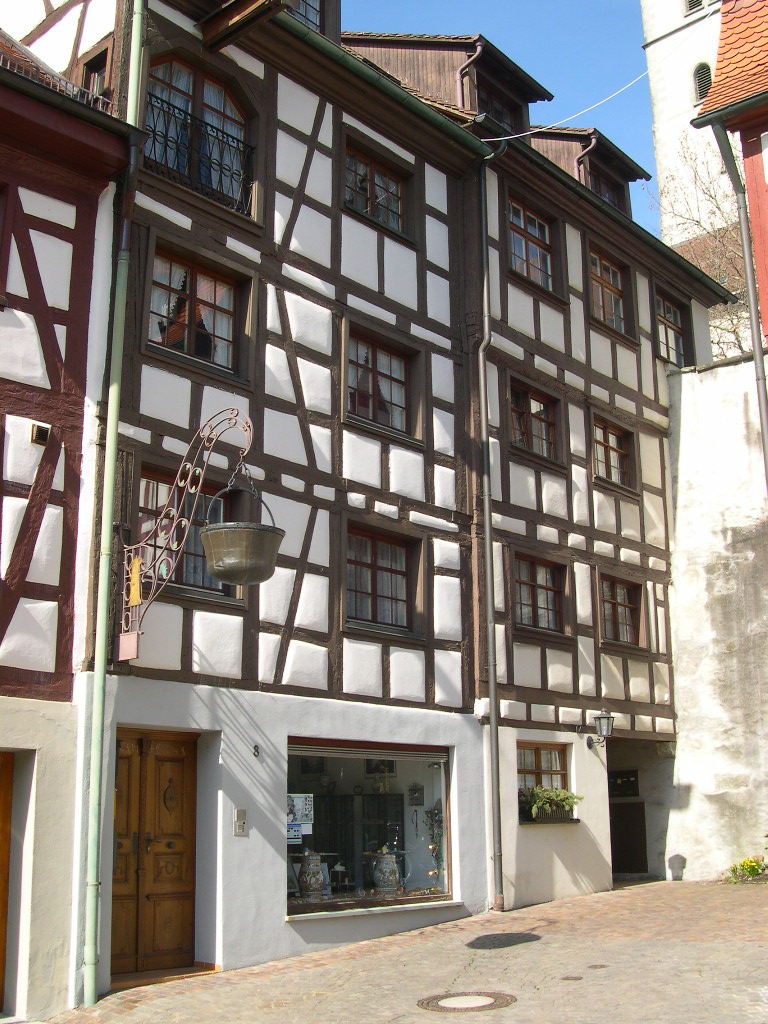

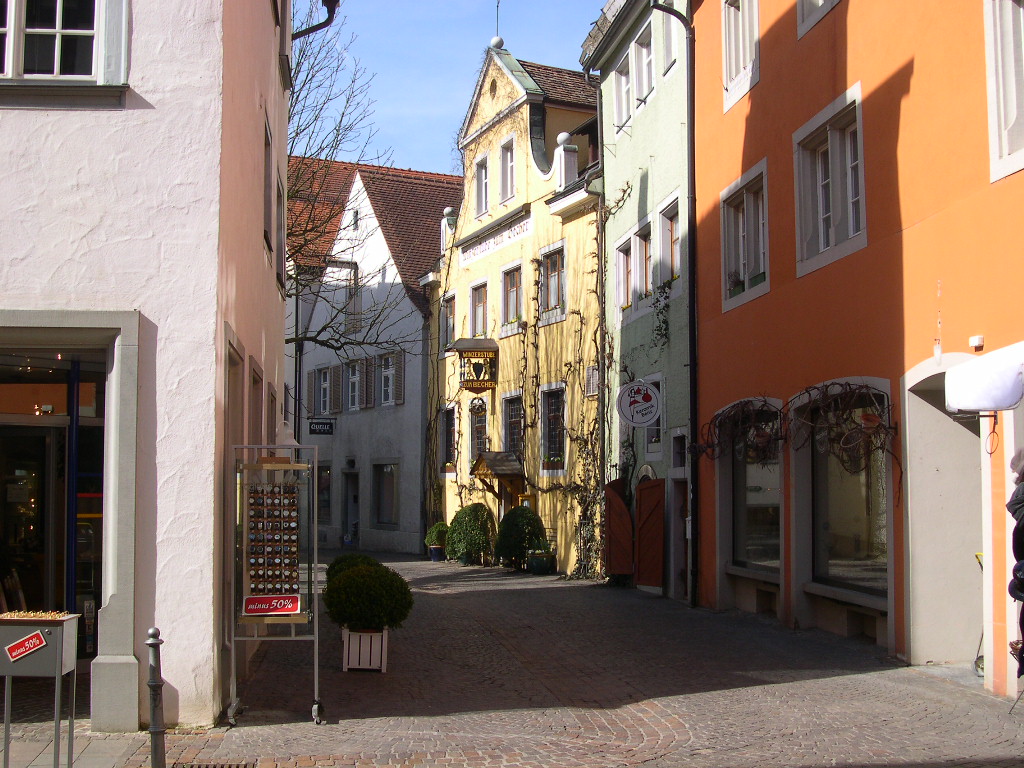

Yes, that’s the family grunting its way up the steep street from the lake shore.
Come to think of it, I’d love to do a week-long tour of the Lake Constance shoreline, staying in Meersburg, Konstanz and Bregenz along the way. In one of these:
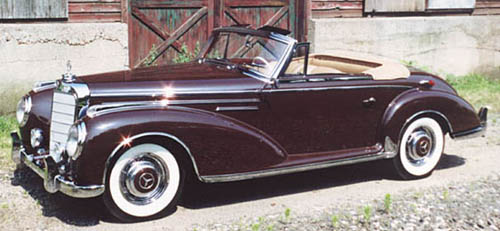
Just do it in spring or summer, because it gets pretty damn cold around the Bodensee* when the sun doesn’t shine.
*by the way, the Germans don’t call it a “sea” (as the idiot writer of the article claims). The German word “see” (pronounced zay ) means “lake”.

Lovely set of pix. Takes me all the way back to when I lived in Germany and the many pedestrian friendly towns. Walking on cobblestones builds strong ankles, or breaks them.
I’d rather go there than NZ or the Oz Reich
We stayed here : http://www.hotel-pension-rothmund-meersburg.de/
Warning: the Meersburg lakefront park area is ‘clothing optional’ and Germans are inherently nudist no matter how fat, ugly and old they are.
You drove along the “southern” shore to get from Meersburg to Bregenz? Meersburg would appear to be on the NORTHERN shore.
Meersburg –> Konstanz (ferry) –> Bregenz
I am confused, The U-Boat — Untersee Boot was an Under Lake boat?
In the vernacular of the day, it meant “underwater” boat. For some reason, they didn’t use “Unterwasser” — for a nation that prides itself on logic, they sure can fuck it up sometimes.
German hasn’t mugged several other languages for extra vocabulary, so it has to use one word for several related concepts more often.
Sometimes that produces interesting results, for instance the WWI 16″ mortar that the Krupp workers christened “Dicke Bertha” in honor of the company’s owner, Bertha von Krupp. That was best translated “Big Bertha”, but while “big” means large and may imply strong, heavy, or fat in English, “Dicke” _means_ all of these – and all of these were definitely true of the mortar, although I hope not of Bertha. (In the opening of WWI, it took 3 days to drag the mortars a few miles from the railhead, but then less than 1 day to explosively disassemble the “impregnable” Belgian border forts.)